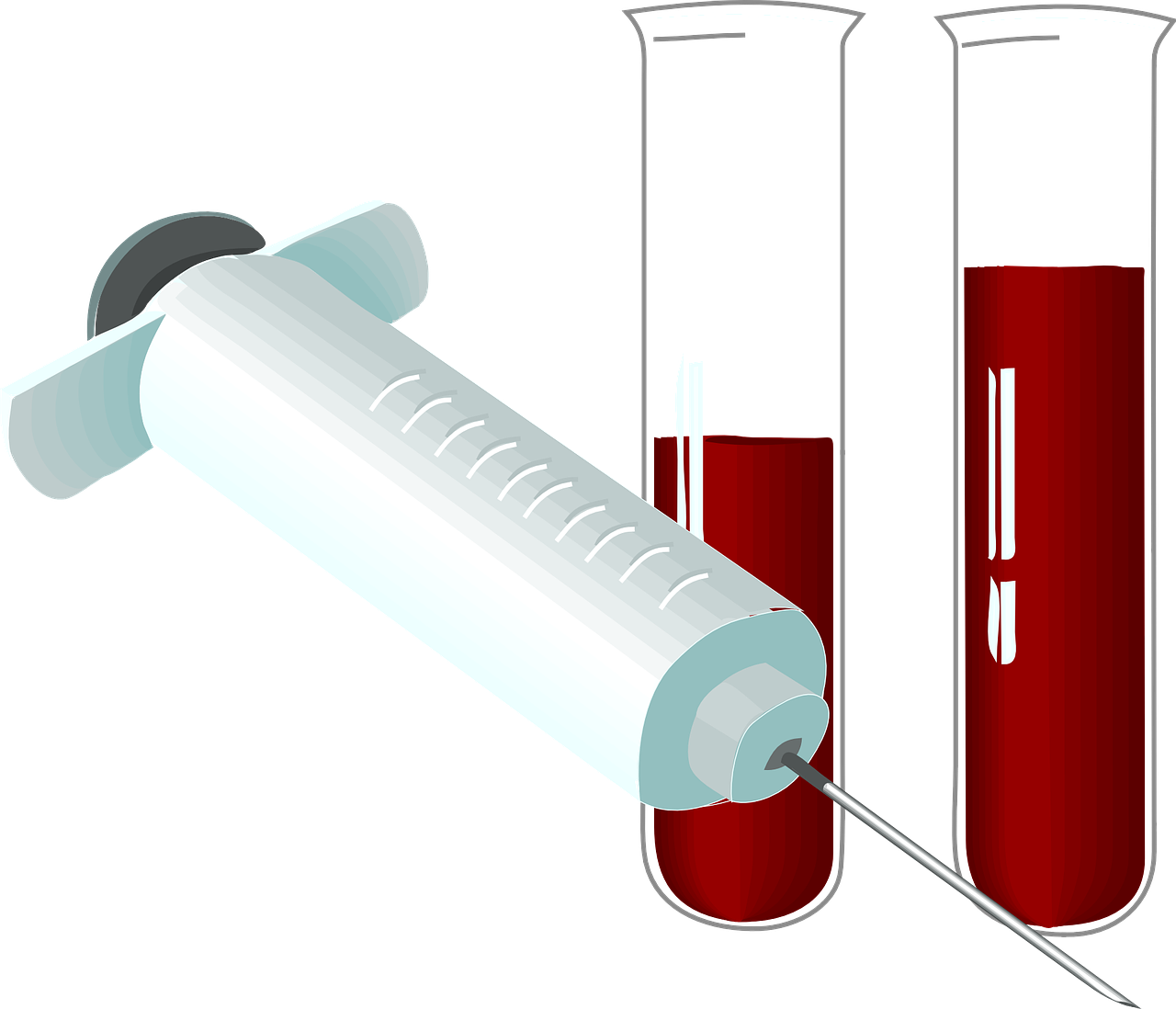Researchers from the RCSI University of Medicine and Health Sciences have come up with a new blood test that can evaluate certain proteins that are associated with the risk of psychosis in a patient with age. The complete details of this study are published in the journal JAMA Psychiatry.
Based on the intensity of mild or severe symptoms, a specific group of people is more likely to develop a psychotic condition in later years of life for example schizophrenia. But contrary to the predictions, only 20% to 30% of these people actually developed a psychotic disorder within some years.
Also read- Researchers Take to the Sewers to Track the Coronavirus Outbreaks
Based on the blood samples obtained from these people showed that some of them are at a high risk of developing such conditions. This new blood test will help to predict who needs to be more aware of any potential risk of developing psychosis.
With the help of Machine learning, these proteins may predict the occurrence of psychotic conditions in some people and also tell who would not be developing them in later years of life. With this information, management and treating these disorders may help the clinicians to formulate a specialized treatment.
Some of these proteins are directly linked with initiating inflammation which may cause a number of diseases in people. having this blood test makes it easy to predict the potential health dangers to all people.
The most precise of these tests particularly identified 10 proteins. Only these 10 proteins were linked with more than 93% of the psychotic conditions.
Ideally, all medical practitioners and researchers are trying to find a permanent treatment for anxiety, and having a new blood test that helps in early diagnosis is highly valuable. In order to effectively plan treatment for everyone who is suffering or is at risk of these psychotic disorders, it is necessary to reduce its risk at the earliest possible stage.
Also Read- Ethical Concerns should not be Ignored During COVID-19 Vaccine Human Trials
David Cotter from RCSI is the author and principal investigator of this study. According to him, the purpose of all researchers is to accurately identify something which can prevent these disorders in the first place.
This research shows that machine learning can help to predict the behavior of protein in the blood suggesting which person is more likely to develop a psychotic condition. Based on this information, drug development and therapies to treat the symptoms in the earliest stages can be possible.
If everything went as planned, this whole idea can save millions of people from age-related cognitive decline and psychosis without waiting for the symptoms to go worse. The research team has filed a patent application for commercializing their project. Once it is approved, they plan to work on licensing by pairing up with a production partner in the industry.


